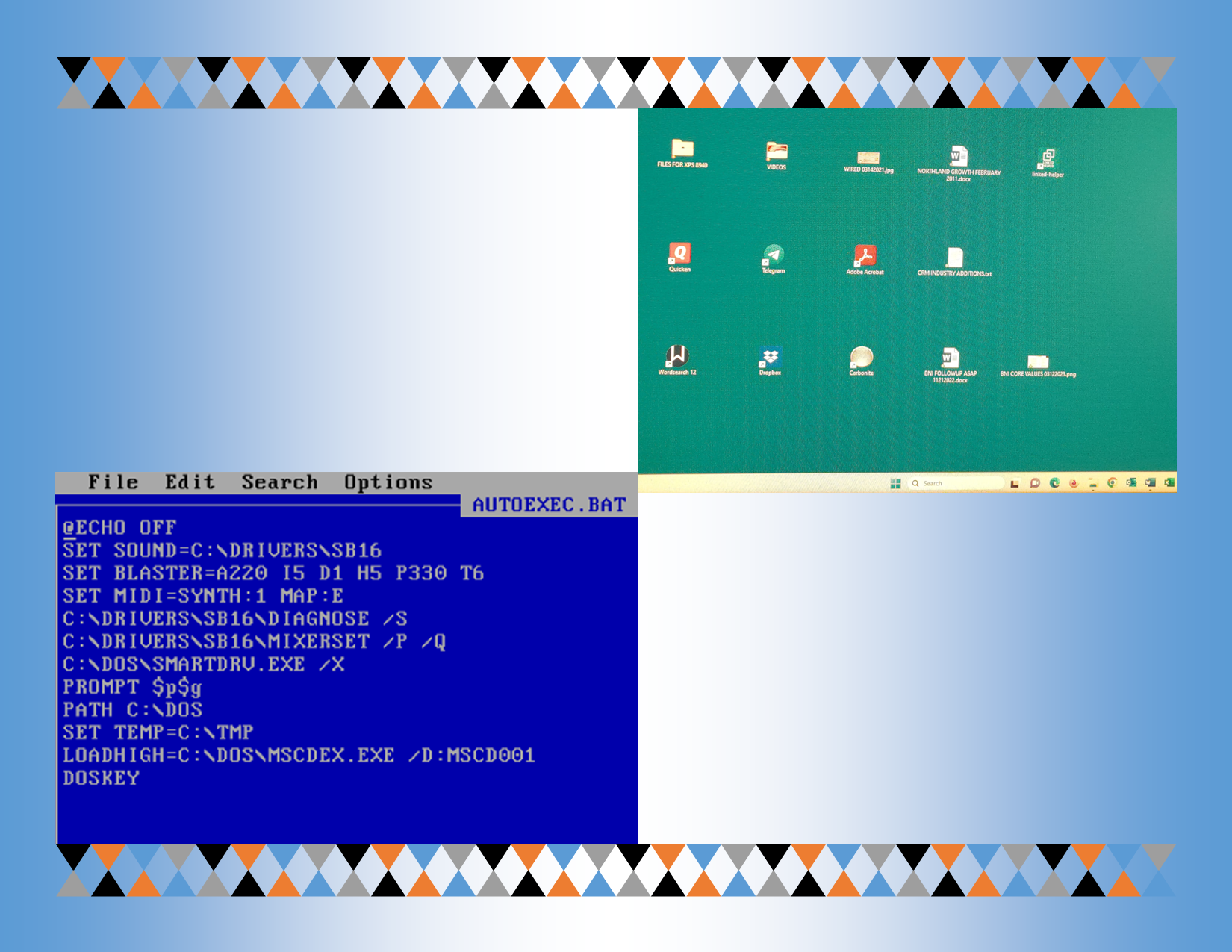A WHOLE NEW MIND—FINAL THOUGHTS
Daniel H. Pink wrote a fascinating book, A Whole New Mind: Moving from the Information Age to the Conceptual Age (New York: Riverhead Books, 2005). I have found the work to be extremely relevant to so much of what is happening in our society today. I have devoted my last three weeks of blog posts to the powerful and prescient concepts Pink brings to our attention. Today, I offer my closing thoughts on the book (For my prior blog posts in this series, please see Blog.reliableinsights.com, 2/10/14 through today.)
Early in his tome, Pink challenges us with three incredibly important questions concerning livelihood:
“ 1. Can someone overseas do it cheaper? 2. Can a computer do it faster? 3. Is what I’m offering in demand in an age of abundance? ” (p. 51)
The implications of these questions were played out in numerous scenarios throughout Pink’s analysis. As I see it, the demographics and trends, the increasingly changing technological world, business globalization’s irreversibility, and the fundamental needs, wants, and desires of people and companies require that we address these questions with our eyes wide open.
Some people will like the answers and others will not. Whether you like the answers or not, that will not change the realities of the world we live in today. The Conceptual Age is upon us. It is not going away. Its strength and significance will only grow with each passing day. Pink summarizes it this way:
“ These three questions will mark the fault line between who gets ahead and who gets left behind. Individuals and organizations that focus their efforts on doing what foreign knowledge workers can’t do cheaper and computers can’t do faster, as well as on meeting the aesthetic, emotional, and spiritual demands of a prosperous time, will thrive. Those who ignore these three questions will struggle. ” (p. 233)
You and I need a whole new mind if we are serious about maximizing our success and our organizations’ success in this new Conceptual Age. I meet people every day who do not want that new mind because for whatever dysfunctional worldview or ill-conceived business plan they embrace, their world does not include this kind of change. I, with Pink, predict those are the people who surely will struggle the most.
On the other hand, I also meet people every day who are just as thrilled, excited, and energized as I am and as Pink is and as millions of others are. That is because we understand the truth of the Conceptual Age. I encourage you to be one of them too.
Many things exist we cannot control. Nevertheless, we can control how we respond to those things. I believe the Conceptual Age will play well for those who know how to respond to it.
One way or another, the future is going to be extremely exciting. You can decide on which side of that excitement you want to be. Let’s embrace a whole new mind to choose the right side.










